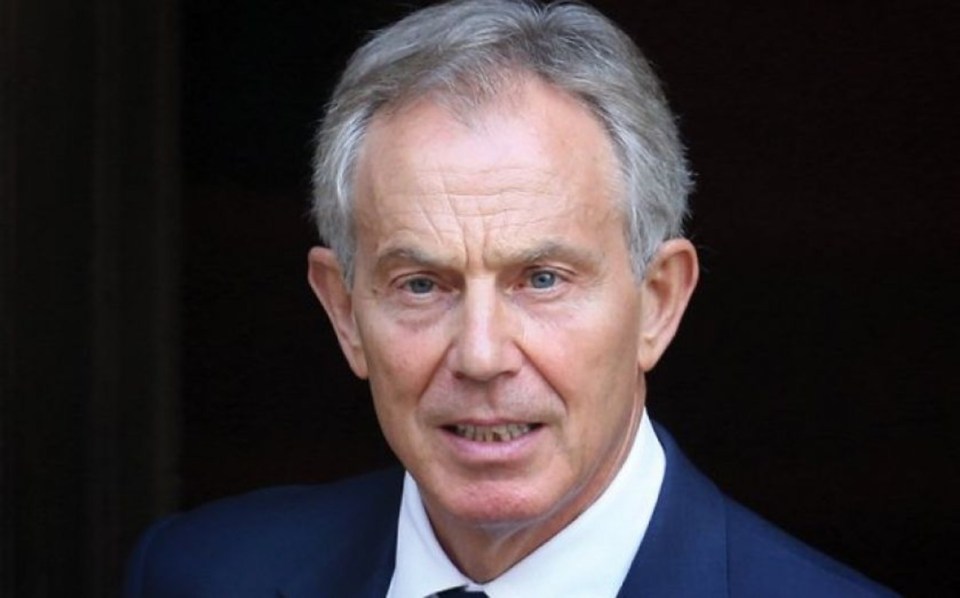Goldman Sachs: Tony Blair is wrong on AI – it’s not going to save the UK economy

Goldman Sachs, once a strong backer of artificial intelligence (AI), has hit back against the technology championed by the market and many in government, instead stating that AI is not expected to provide meaningful productivity boosts to the economy.
Today, the Tony Blair Institute produced a report urging the new Labour government to harness the “truly revolutionary” potential of AI to help boost growth and productivity in the public sector.
However, the report has already been criticised for basing its argument that AI can bring huge time savings to a wide variety of tasks across the public sector, simply by asking Chat GPT which tasks can be automated.
Now, Goldman Sachs has published a paper stating that AI’s productivity benefits and returns are likely to be significantly more limited than anticipated, while its power demands will be so great that utility companies will have to spend almost 40 per cent more in the next three years to keep up with demand.
MIT economist Daron Acemoglu, who was interviewed for the paper, said that “truly transformative changes won’t happen quickly and few – if any – will likely occur within the next 10 years”.

Why?
Well, the ability for AI to replace humans seems to have been greatly over-exaggerated, with Acemoglu stating that many of these tasks “are multi-faceted and require real-world interaction, which AI won’t be able to materially improve anytime soon”.
Key to understanding this is that large language models, like ChatGPT, are not the same as artificial general intelligence, and likely are not capable of reaching the kind of reasoning and understanding needed for it to do more than generate text back at you like they currently do.
As companies increasingly spend more and more on processing power, Acemoglu questioned “what does it mean to double AI’s capabilities?” as it is unclear if that will actually be able to make it better at certain tasks. While the AI might be quicker, will it be two times ‘better’?
Along with processing capabilities, power usage is perhaps the key limiting factor of AI, which so far companies like Google and Microsoft are struggling to address.
Jim Covello, head of global equity research at Goldman Sachs, stated that the total cost being pumped into AI over the next several years, such as in data centres and utilities, will cost a trillion dollars.
He then asks: “What trillion dollar problem will AI solve?”
While some have argued that technology often starts off as expensive and should get cheaper over time, Covello described this as “revisionist history”, and said “the tech world is too complacent in the assumption that AI costs will decline substantially over time.”
He compares the technology to the internet, stating that “even in its infancy, the internet was a low-cost technology solution that enabled e-commerce to replace costly incumbent solutions”.
“AI technology is exceptionally expensive, and to justify those costs, the technology must be able to solve complex problems, which it isn’t designed to do,” he added.
In the meantime, massive tech companies will only “garner incremental revenue” from AI, Covello said, with the more time passive without significant productivity gains, the more challenging “the AI story will become”.
“Investor enthusiasm may begin to fade”, Covello concluded, if “important use cases don’t start to become more apparent in the next 12-18 months.”